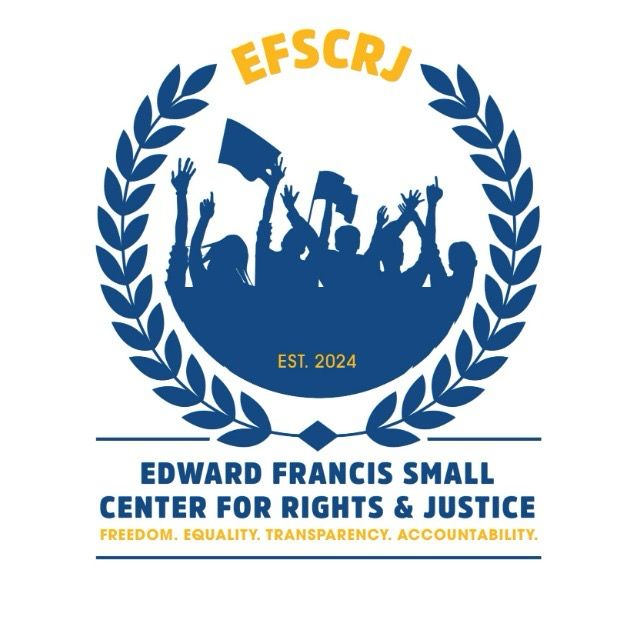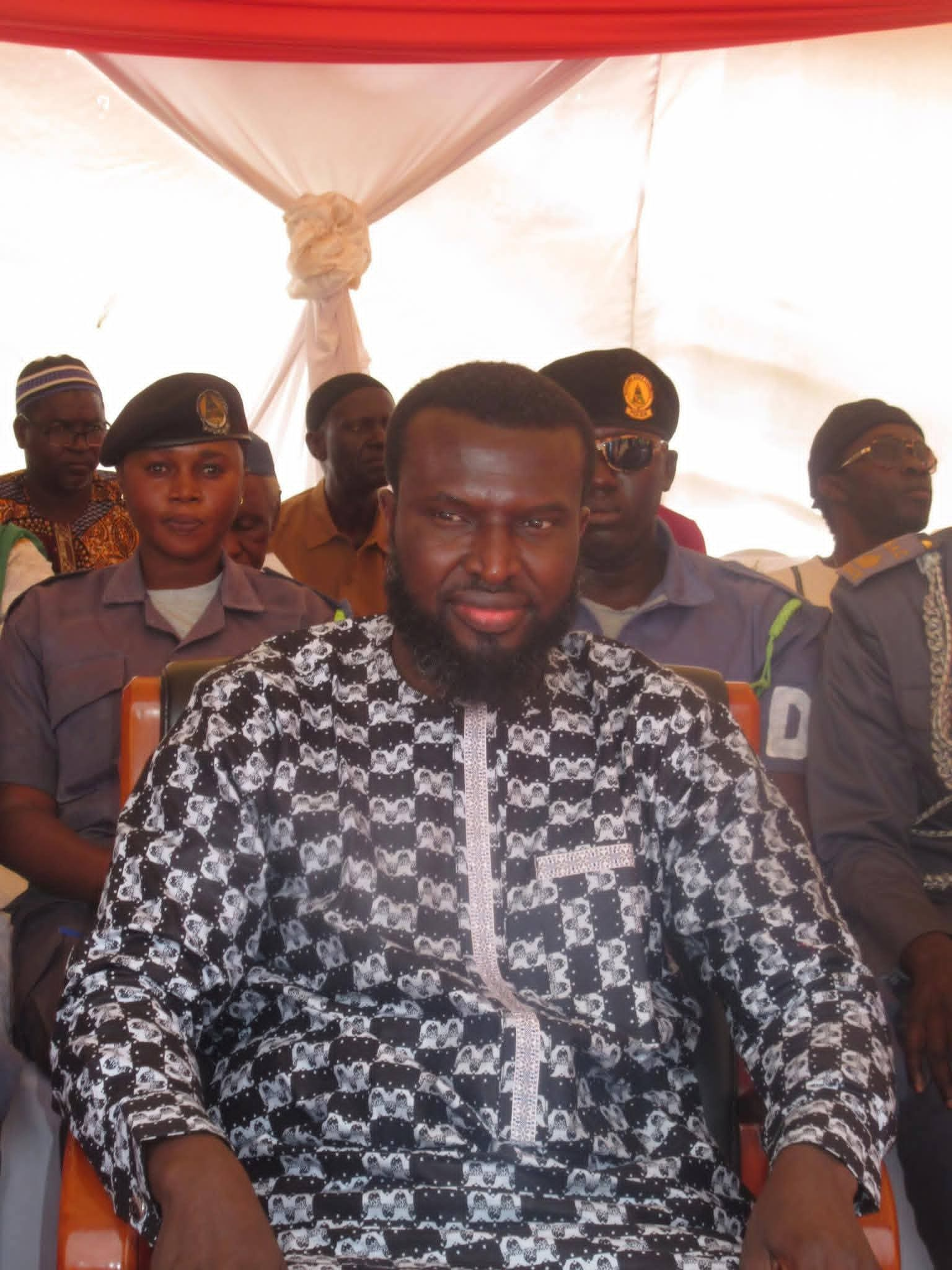Edward Francis Small Centre for Rights and Justice notes without surprise the failure of the 2024 Draft Constitution on the floor of the National Assembly on 7th July 2025.
After more than 12 hours of deliberations, the constitution promulgation bill 2024 failed to garner the 44 votes necessary to move it to the next stage. We are not surprised by this development which is a logical conclusion of the flawed path taken thanks to the failure of the President and his justice minister to carry their duties with a deep sense urgency and responsibility guided by patriotism.
The failure of both the 2020 and 2024 draft constitutions highlights a single fact which is the lack of political will and commitment by Pres. Barrow to end self-perpetuation rule in this country.
When President Barrow was seeking the presidency in 2016, he stated in his manifesto,“I have offered myself as an Independent Candidate who will serve for only three years at the head of a broad-based and inclusive Coalition Government aimed at conducting constitutional, institutional and administrative reforms that would establish the foundation of a democratic system of administration that would put an end to the culture of impunity and self-perpetuating rule…” This was a commitment that Pres.
Barrow should have implemented such that today this country would have been in the Third Republic. But after having created the Constitutional Review Commission (CRC) through an act of the National Assembly in 2017 which conducted a broad-based consultation with citizens culminating in the 2020 Draft Constitution, Pres. Barrow rather distanced himself from that document.
When the bill was placed on the floor of parliament, Barrow’s allies erroneously claimed that by making 2017 the kick-off date for the presidential two-term limit denied him a right, falsely claiming it was a retroactive clause. Consequently, these NAMs voted down the 2020 Draft Constitution in the first reading without allowing it to proceed to the second stage to benefit from further consultations and improvement. Fast-forward to 2024.
Pres. Barrow unilaterally produced a draft constitution without any consultations with Gambians. Led by the Minster of Justice Dawda Jallow, the Government went ahead to gazette and then table it before the National Assembly in August 2024. Not only has Barrow failed to consult Gambians on this document, but the document was a severe dilution of the standards of democracy, good governance, republicanism, and human rights.
It has lowered checks and balances while bestowing immense and unchecked powers in the hands of the president. The document has effectively laid the foundation for the creation of corrupt dictatorship, albeit constitutionalized.
The 2024 draft constitution is an aberration of everything that constitutes republicanism and a democracy. It is an affront to the sovereignty and will of the citizenry from whom all organs and agents of the state derive their legitimacy and authority.
After having undergone three unsatisfactory constitutions since Independence, i.e., the 1965, 1970 and the 1997 constitutions, today the Gambia deserves a constitution that Barrow says in his manifesto should, “usher in an era for Gambians to enjoy liberty and prosperity under a system of government that is sensitive and responsive to the needs and aspirations of its citizenry.” Why has Barrow failed to fulfil this promise? That is the question that Gambians must preoccupy themselves with first and foremost.
EF Small Centre therefore holds Pres. Barrow, and his Minister of Justice Dawda Jallow primarily responsible for the failure of both the 2020 and the obnoxious 2024 draft constitutions. While both of them failed to defend and promote the 2020 draft, they went further to produce 2024 document which is totally inimical to the values and standards of republicanism and democracy. Furthermore, EF Small Centre also holds NAMs who voted against the 2020 Draft Constitution only to vote for the 2024 document as complicit in denying the Gambia a new lease of life.
Together with the Presidency, these political leaders have severely reneged on their oath of office and abandoned their legal obligations to defend and promote the best interest of the Gambia. We call on all Gambians to indeed punish these leaders for their betrayal of the nation on the altar of greed and selfishness. EFSCRJ therefore re-echoes its position on the constitution issue.
That is, we hereby make the call once more that the country needs a constitutional building process outside of the control of both the legislature and the executive. As we have said in our statement on 26th November 2024 that the CRC Act should be revised to create a constituent assembly as the reviewing and approving authority for the draft constitution.
Following approval by the constituent assembly, the final draft should be sent to a referendum without the input of both the executive and legislative branches. We reiterate that politicians and individuals within the Executive and the Legislature do not have the competence and authority to draft a national constitution.
By making these two branches of government the constitution-making bodies, we risk partisan capture of the process. A matter such as the constitution cannot be subject to horse-trading between political parties and politicians. Such an exercise could only lead to either rejection of the draft constitution because of lack of agreement between the political actors on the one hand, or on the other hand the dilution or weakening of the draft constitution because of trade-offs.
In both cases, the country and her citizens get denied a fit and proper constitution while politicians remain unbothered. We wish to therefore call on civil society, and indeed the political parties and the citizenry in general to immediately mobilize and organize to urgently demand a new constitutional building process. We require a new process that is outside of the political frameworks.
This requires the creation of a constituent assembly comprising a cross section of the Gambian society to deliberate on the 2020 Draft Constitution until consensus is reached.
The process taken so far is faulty as it is designed to be hijacked by politicians while denying citizens their full rights as the sovereign to build their own constitution. 2025 – The Year of Transparency and Accountability






